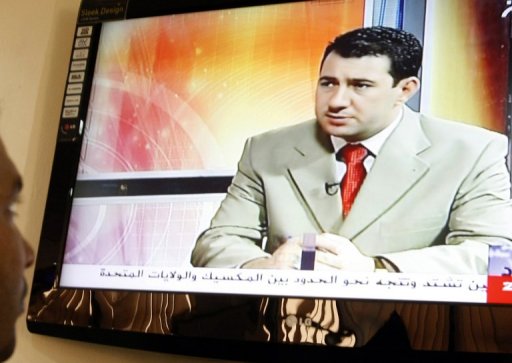VIENNA: OPEC ministers held a crucial meeting here Sunday amid mounting pressure for an output cut after Algeria called for such a move, but the outcome remained unclear.
There will be a consensus to cut production, said Algeria s energy minister Chakib Khelil ahead of the gathering at OPEC s headquarters in the Austrian capital.
The market expects a cut between 0.5 to 1.5 million barrels per day, added Khelil, who was OPEC president last year.
OPEC, which has already slashed its output three times since September as crude prices slumped in line with a global economic downturn, was also expected to call for compliance with the 4.2 million barrels of cuts agreed last year.
Libyan OPEC representative Shukri Ghanem said that he of course supports a cut.
However, the backing is not unanimous with Ecuador, Iraq, Kuwait and Qatar all railing against such a move.
Fresh production cuts would not help revive the global economy, Saudi Oil Minister Ali Al-Nuaimi cautioned in remarks published on Sunday.
Any new reduction in the cartel s production would lead to an increase in the oil price and prevent any contribution to reviving the global economy, he told the Saudi-owned daily Al-Hayat.
Saudi Arabia is the world s biggest oil exporter and de facto leader of the cartel.
Qatari Energy and Industry Minister Abdullah bin Hamad Al Attiyah asked: How can you ask for (a) new cut when there is not 100 percent compliance with previous cuts?
Iraqi minister Hussain Al-Shahristani agreed.
Before (any decision to cut), we must make sure there is full compliance by all member states, he said.
The gathering of the 12-nation Organization of Petroleum Exporting Countries, which pumps around 40 percent of the world s crude supplies, is also being attended by non-member Russia.
Meanwhile, Venezuelan Energy Minister Rafael Ramirez said OPEC needed to drain between 1.0-1.5 million barrels from the market, in a combination of stricter compliance and a new reduction.
We think we have to combine the spirit of compliance of what is agreed and probably a cut, Ramirez told reporters.
When to do it is what we are going to discuss. We would have to drain between 1.0-1.5 million barrels from the market. We have to take inventories to a point of balance. They are very high.
The spreading worldwide recession and accompanying credit crunch has dragged oil prices far below the record highs of above $147 per barrel that were forged in July, slashing OPEC members incomes.
The outlook for oil demand in the coming months – and longer – concerns all of us in the industry, said OPEC president Jose Maria Botelho de Vasconcelos, who is also Angola s oil minister.
Crude oil prices are at levels that do not support sound investment strategies for the future.
He added: If this continues for much longer, the boom/bust cycles will continue for years to come. We would all suffer if this happened – producers and consumers alike.
Meanwhile, Russia said it has discussed sending a permanent observer to OPEC, deputy premier Igor Sechin told a meeting of OPEC ministers.
We have discussed the issue of having a permanent representative of the Russian Federation to the OPEC s secretariat, Sechin said.
Non-OPEC member Russia rivals Saudi Arabia as the world s largest oil producer and has been deeply impacted by the plunging prices that are now at about $45 a barrel.
OPEC s official daily output quota currently stands at 24.84 million barrels.


